Dave Brubeck - Private Brubeck Remembers (2004)
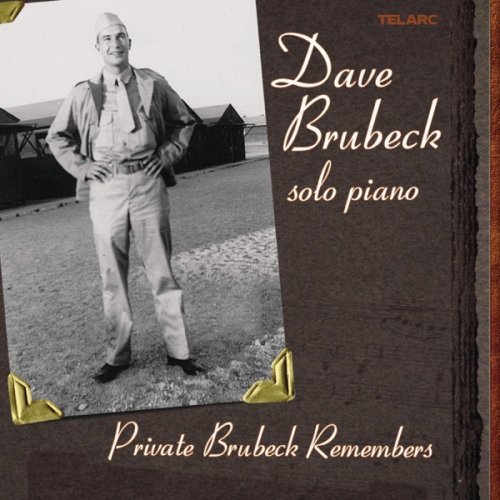
Artist: Dave Brubeck
Title: Private Brubeck Remembers
Year Of Release: 2004
Label: Telarc
Genre: Jazz
Quality: FLAC (tracks+.cue, log)
Total Time: 1:545:02
Total Size: 374.9 MB
WebSite: Album Preview
Tracklist: Title: Private Brubeck Remembers
Year Of Release: 2004
Label: Telarc
Genre: Jazz
Quality: FLAC (tracks+.cue, log)
Total Time: 1:545:02
Total Size: 374.9 MB
WebSite: Album Preview
CD1:
01. For All We Know (3:21)
02. Something to Remember You By (4:27)
03. Don't Sit Under the Apple Tree (With Anyone Else but Me) (2:33)
04. Don't Worry 'Bout Me (3:47)
05. For You (3:49)
06. Where or When (5:09)
07. Lili Marlene (4:29)
08. It's a Sin to Tell a Lie (4:55)
09. When I Grow Too Old to Dream (5:13)
10. We Crossed the Rhine (2:43)
11. Please Be Kind (5:31)
12. Weep No More (4:17)
13. The Last Time I Saw Paris (5:24)
14. You'd Be So Nice to Come Home To (6:09)
CD2:
01. Growing Up in California (4:10)
02. Playing the Piano (2:51)
03. Cowboy Songs (3:07)
04. Entering the Army (5:31)
05. Playing for the Red Cross (6:11)
06. Playing for the Troops (10:04)
07. Battle of the Bulge (8:39)
08. Radio City Music Hall (6:18)
09. Where Is Your Husband? (2:28)
10. Coming Home (2:55)
In early 2004, Dave Brubeck reminisced about his days as a soldier during World War II for this two-CD set, playing solo piano interpretations of songs from that era. Brubeck, then recently married and promptly drafted after graduating from the College of the Pacific, almost ended up in combat before getting an opportunity to play with an army band, which caused a music-loving colonel to install the young private as director of the band. The music chosen seems to convey a special message to his wife, Iola, with bittersweet ballads ("For All We Know"), a jaunty "Don't Sit Under the Apple Tree (With Anyone Else but Me)," and the dreamy interpretation of "Where or When." A surprising choice is "Lilly Marlene," a European song frequently played by Nazi propagandist broadcaster Axis Sally, which Brubeck is able to play in a lush setting. After the Germans succeeded in destroying nearly every bridge which crossed the Rhine River into their homeland in advance of the Allies, the bridge at Remagen was finally captured, though Brubeck's unit had to make do with a pontoon bridge due to its damaged state. His "We Crossed the Rhine" is a tense piece that evokes the still-dangerous conditions as they made their way into Germany. "Weep No More" is Brubeck's poignant ballad to his wife to let her know that he is out of danger for good, with the war in Europe at an end. He concludes the first disc with a dramatic interpretation of "You'd Be So Nice to Come Home To." This limited-edition release is one of the most unique items in Brubeck's considerable discography, and should be snapped up without hesitation.
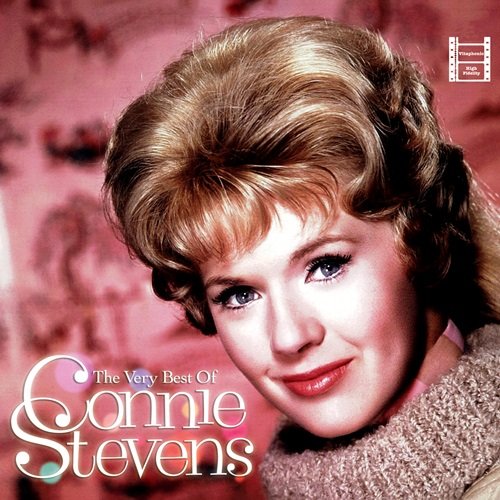
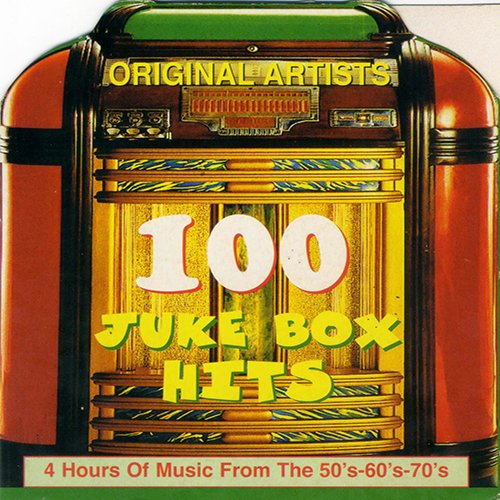
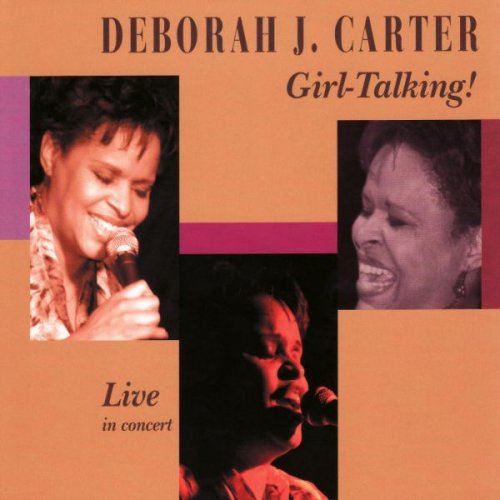

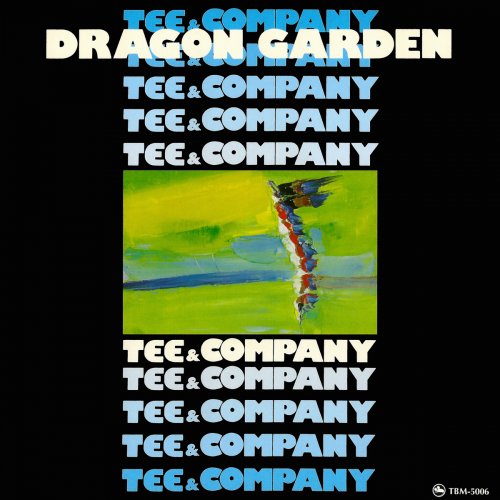
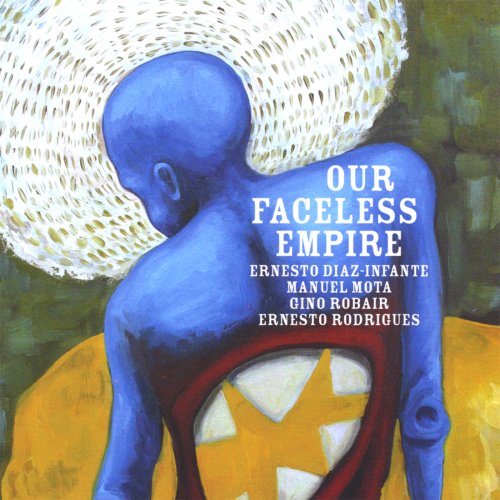
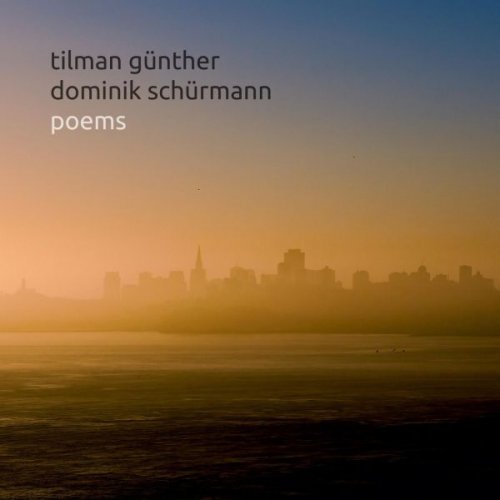
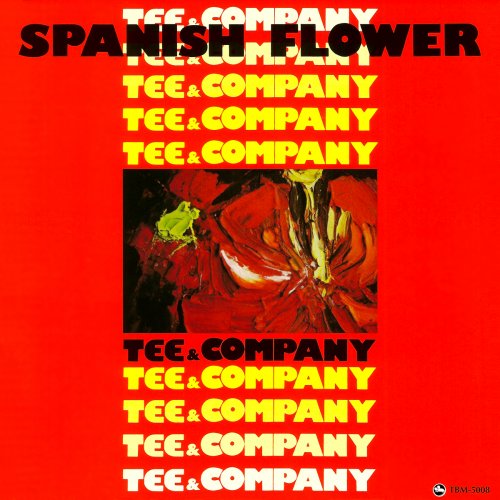
![Matt Choboter - And Then There Were The Sounds Of Birds (2026) [Hi-Res] Matt Choboter - And Then There Were The Sounds Of Birds (2026) [Hi-Res]](https://www.dibpic.com/uploads/posts/2026-02/1771562657_qb70awhgfhge8_600.jpg)